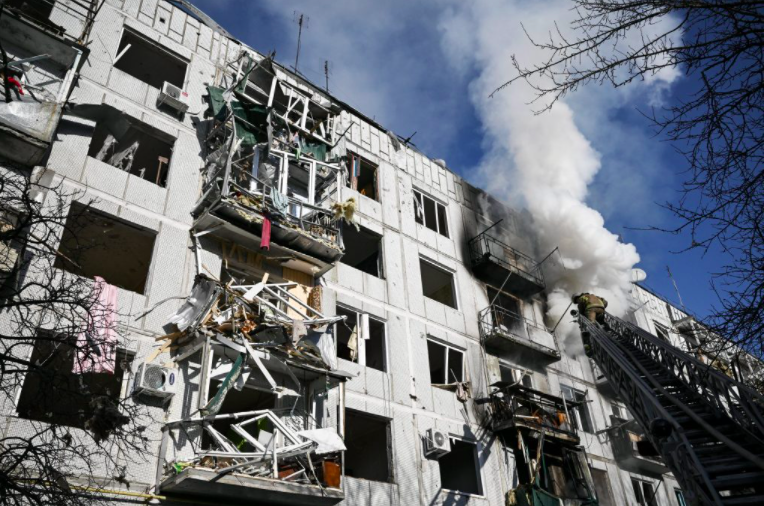Russia’s invasion of Ukraine could cut Europe’s growth by 1.0 to 1.5 point, depending on the duration of the conflict, while inflation could increase by 2.0 to 2.5 points, according to OECD Chief Economist Laurence Boone.
Such estimates came with a high degree of uncertainty, and in-depth analysis was still needed on fundamental issues such as food, energy and digital security, and the organisation of trade exchanges, said Boone in an interview published on Sunday, Belga News Agency reports.
Asked about across-the-board price hikes that have followed the outbreak of war in Ukraine, she said the conflict had “pushed up the anticipated prices of grain and fertilisers, which Russia and Ukraine export,” and could affect not only this year’s harvests but also those of 2023.
Related News
- Russian forces committed war crimes against civilians, says Human Rights Watch
- War in Ukraine: Baltic States stop importing Russian gas
However, the war’s effect is not comparable to the crisis in the 1970s, since the institutions are different today. “Inflation will remain high this year, but could begin to slow down in 2023, depending on how the war evolves,” Boone explained.
She said targeted budgetary policies should be drawn up to help households and businesses weather the storm.
“Export restrictions must be avoided – they have never yielded good results in the past,” Boone stressed. “Targeted budget arrangements will help monetary policy by enabling inflationary expectations to be curbed, while preserving the buying power of the most vulnerable without endangering the energy transition.”

